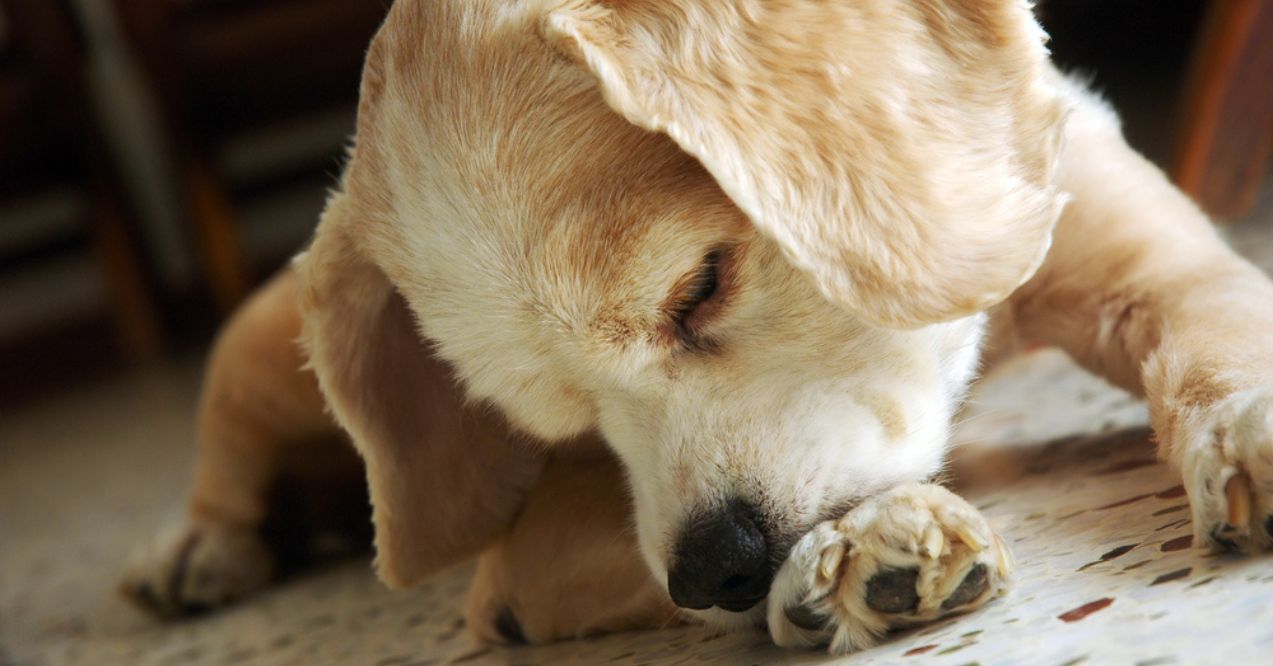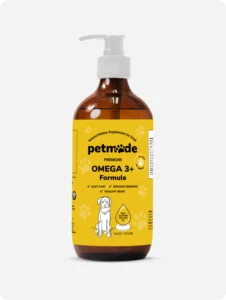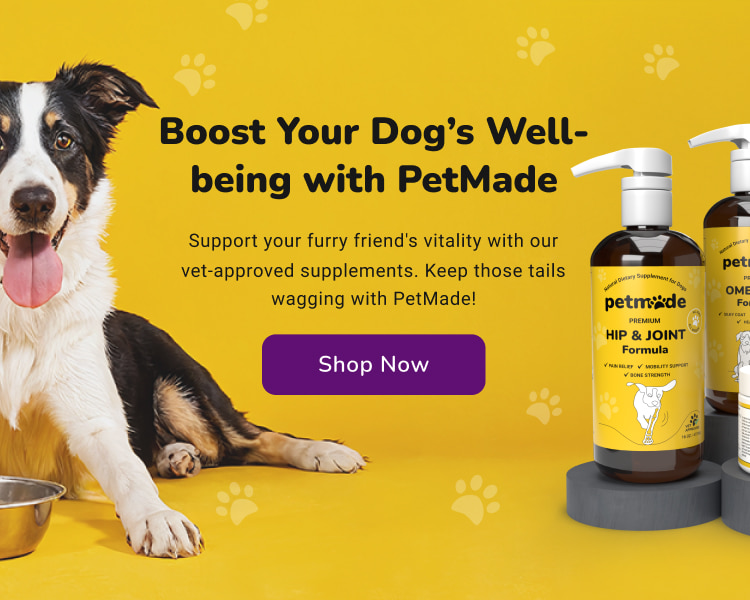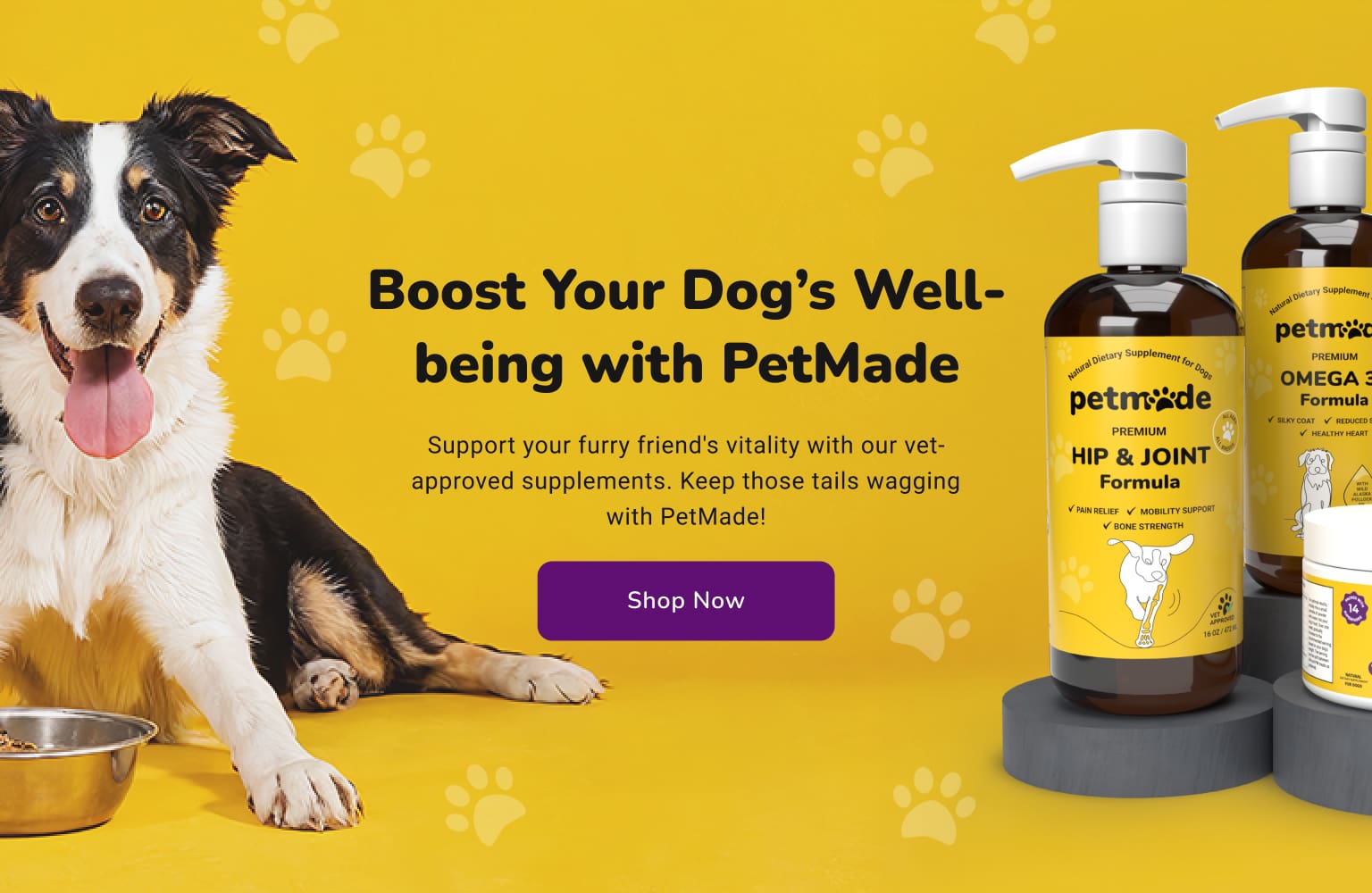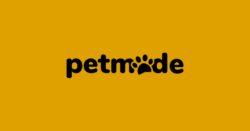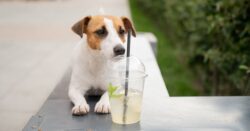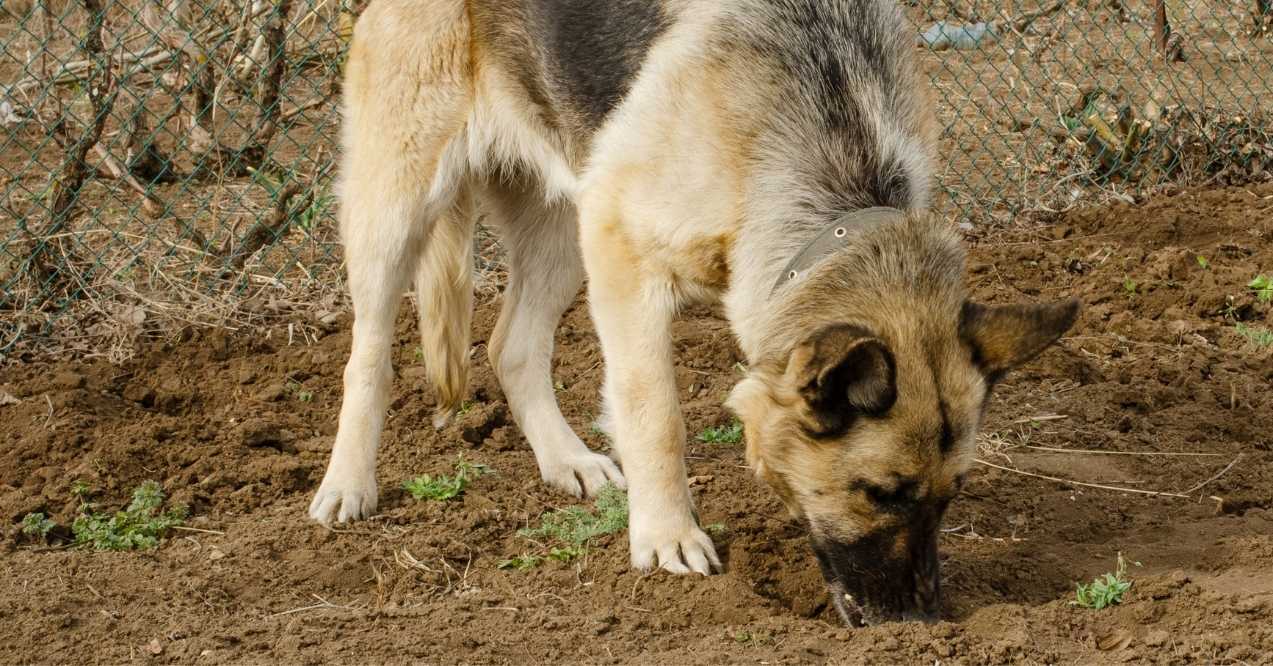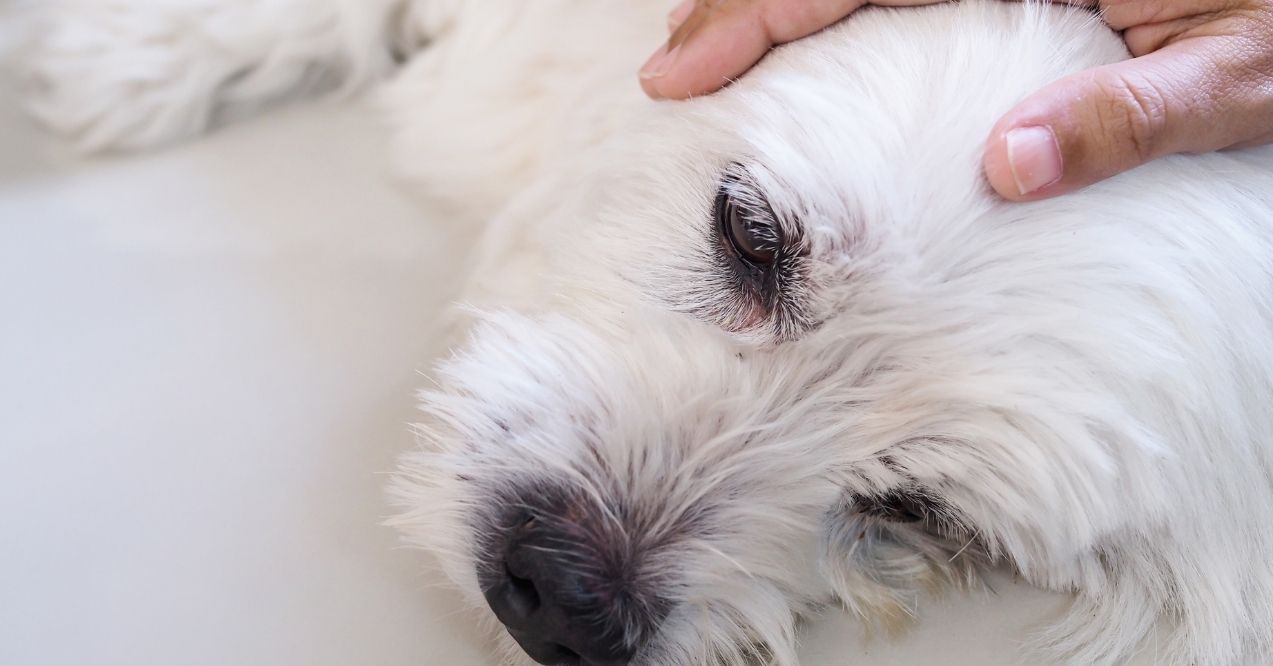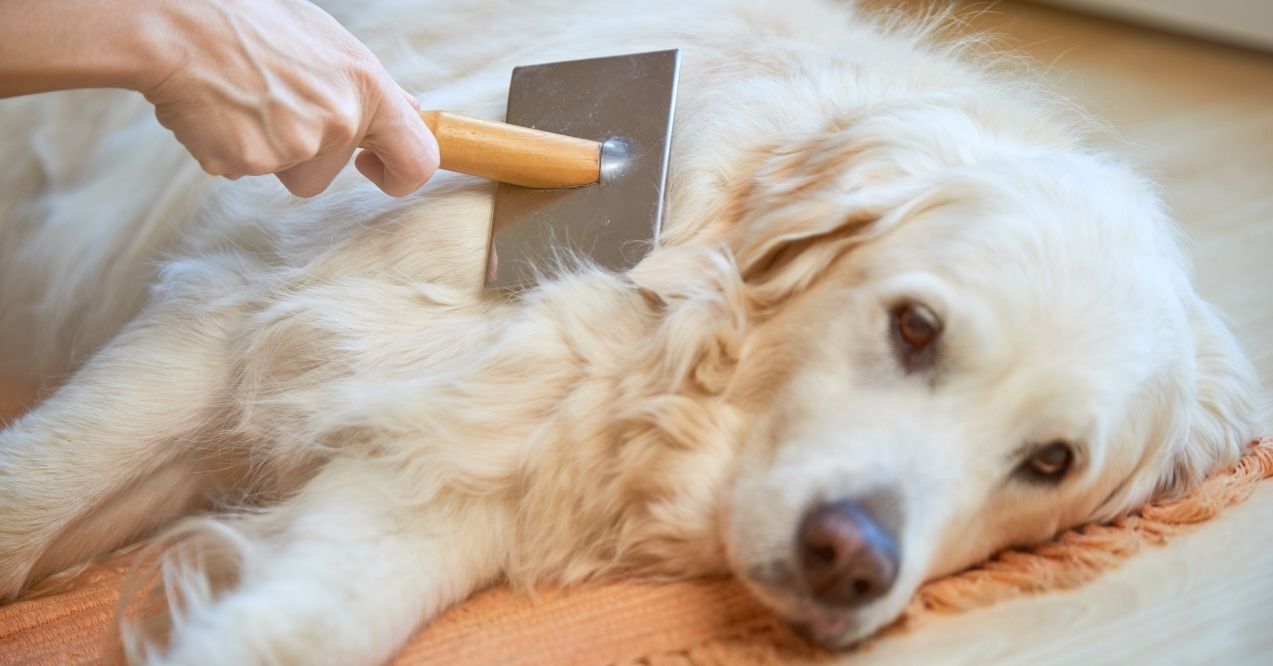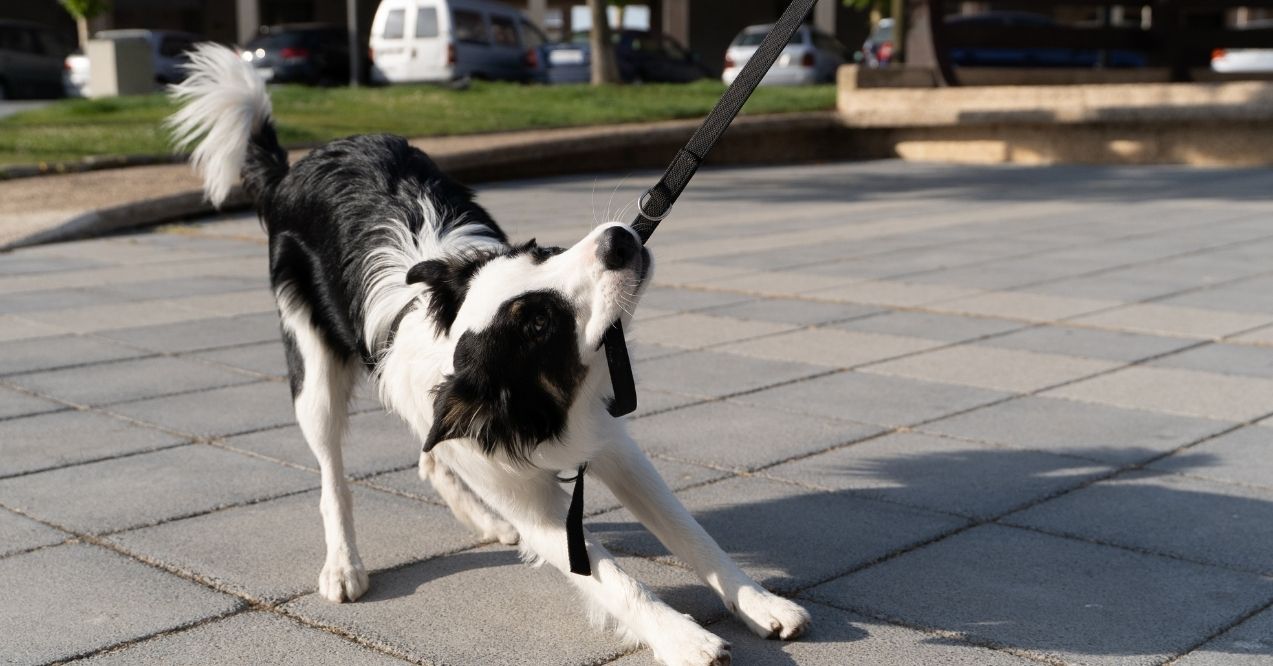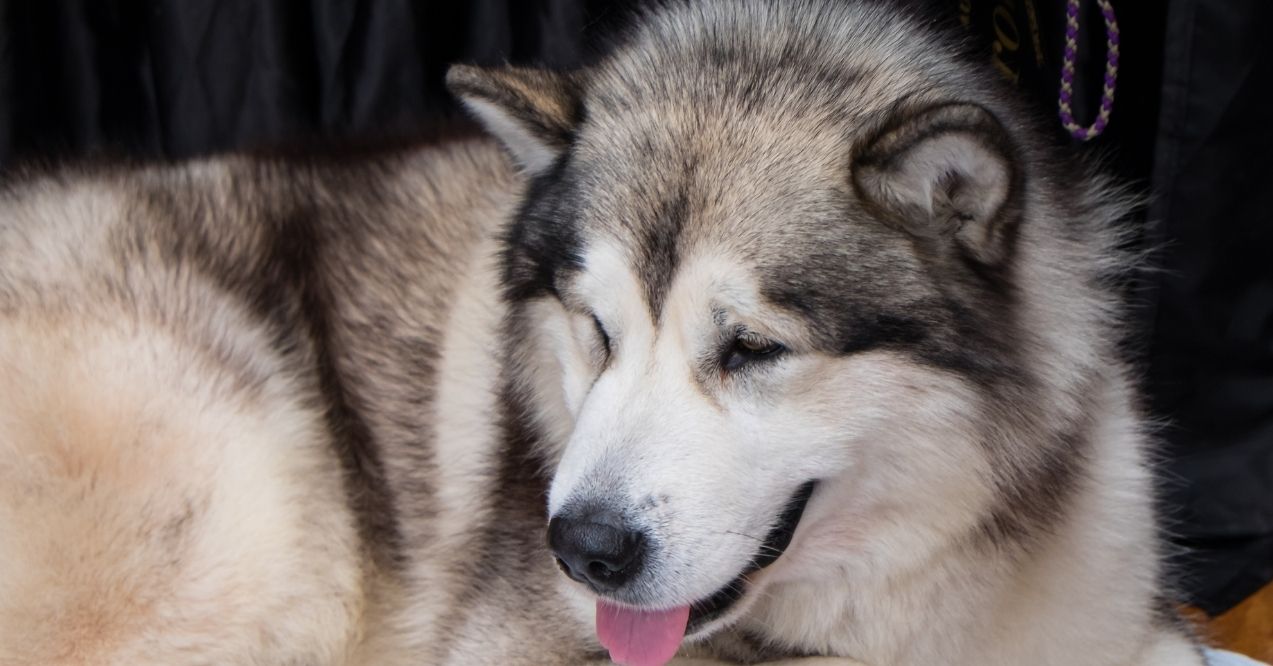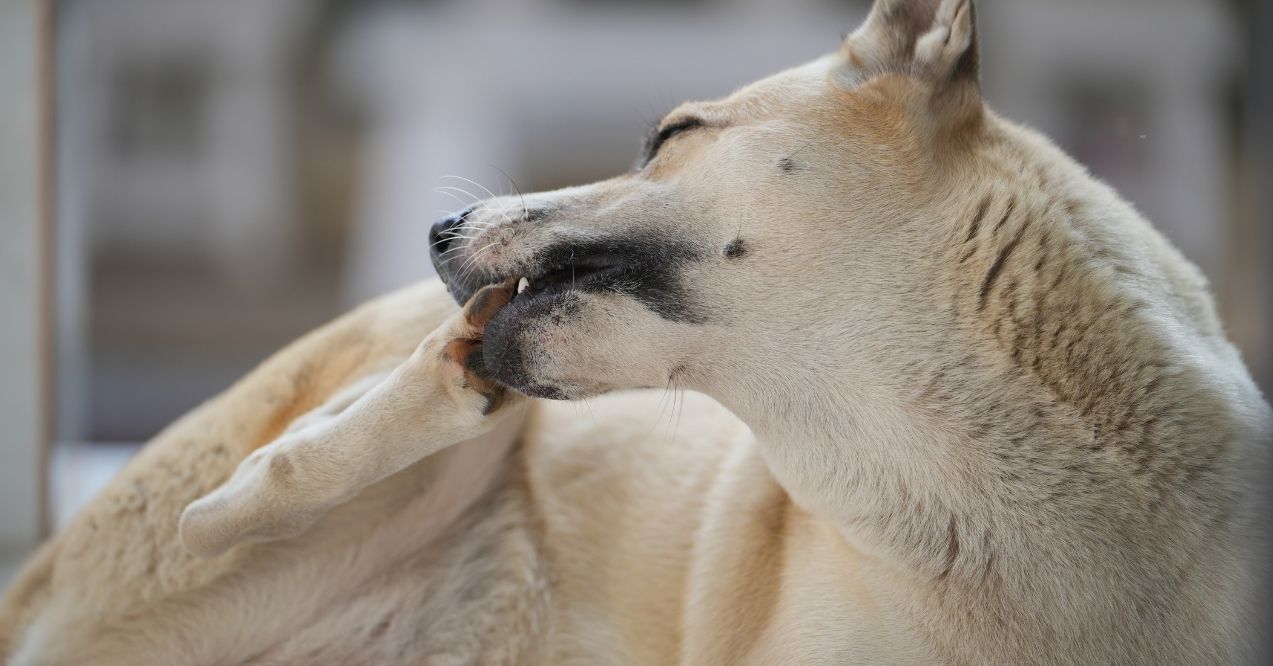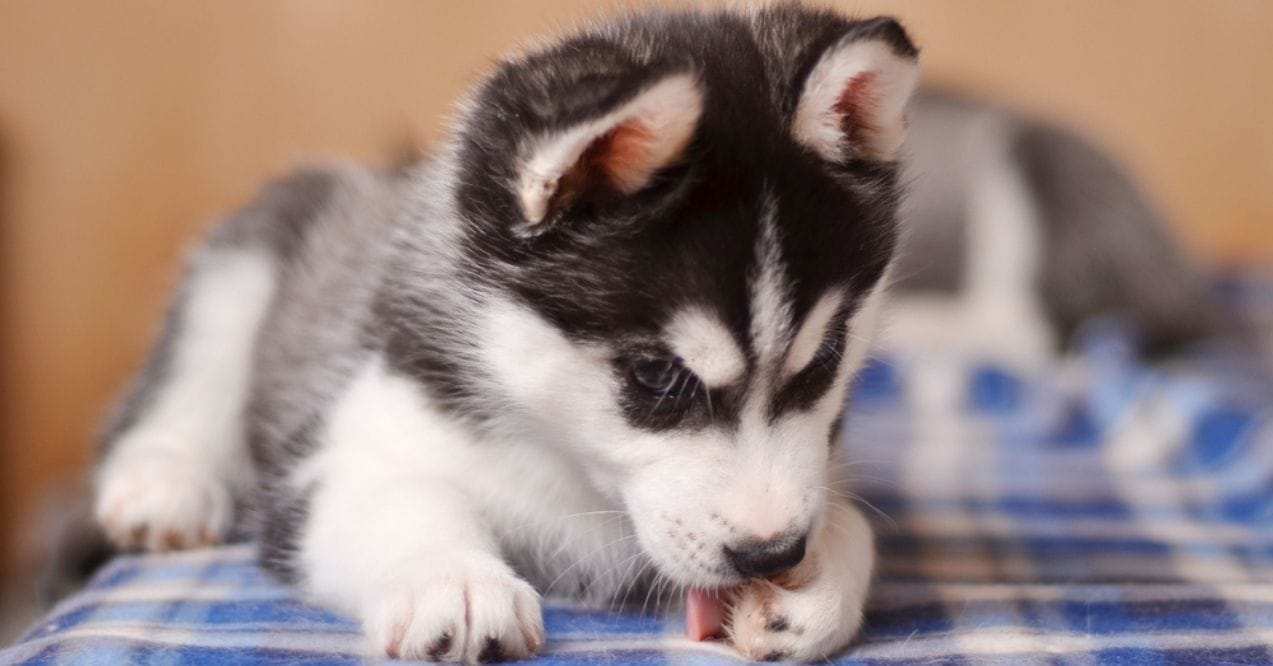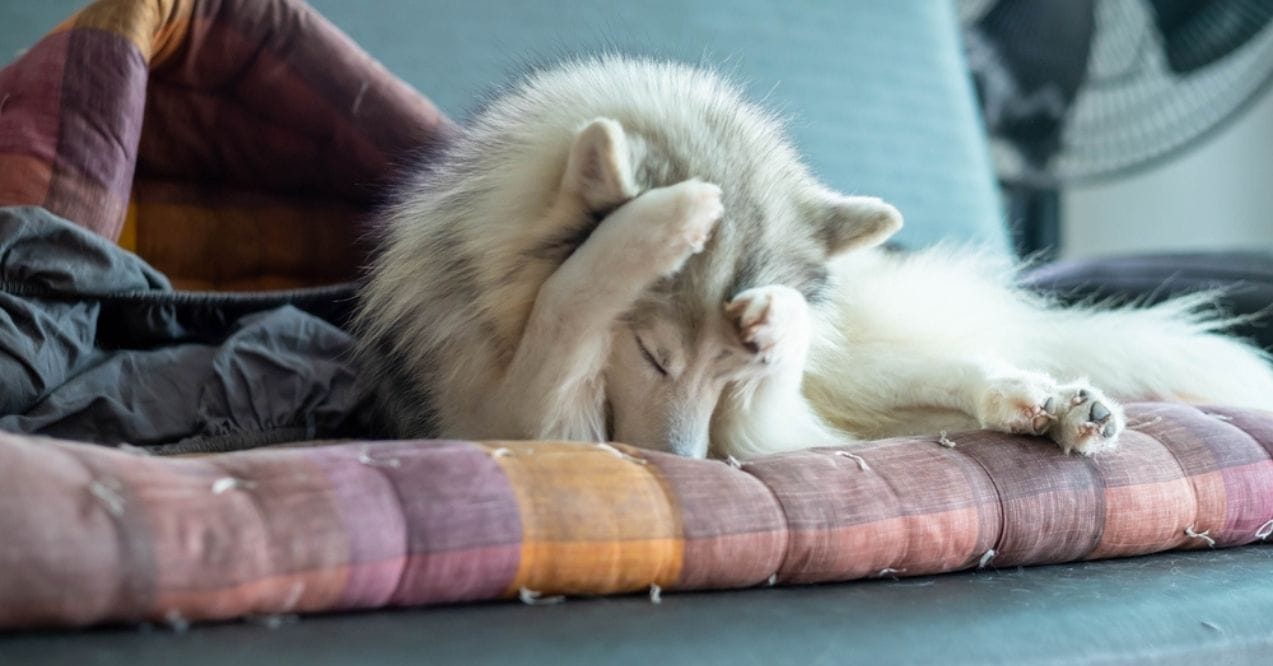How to Stop Dogs From Chewing Paws?
Understanding how to stop dogs from chewing paws is crucial for any pet owner. Dogs often chew their paws for various reasons, and while occasional nibbling can be normal, persistent chewing can indicate underlying issues. Addressing this behavior is crucial, as continuous paw chewing can lead to more severe problems, including discomfort and complications. By understanding the common causes and implementing effective strategies, you can help your dog maintain healthier paws and overall well-being.
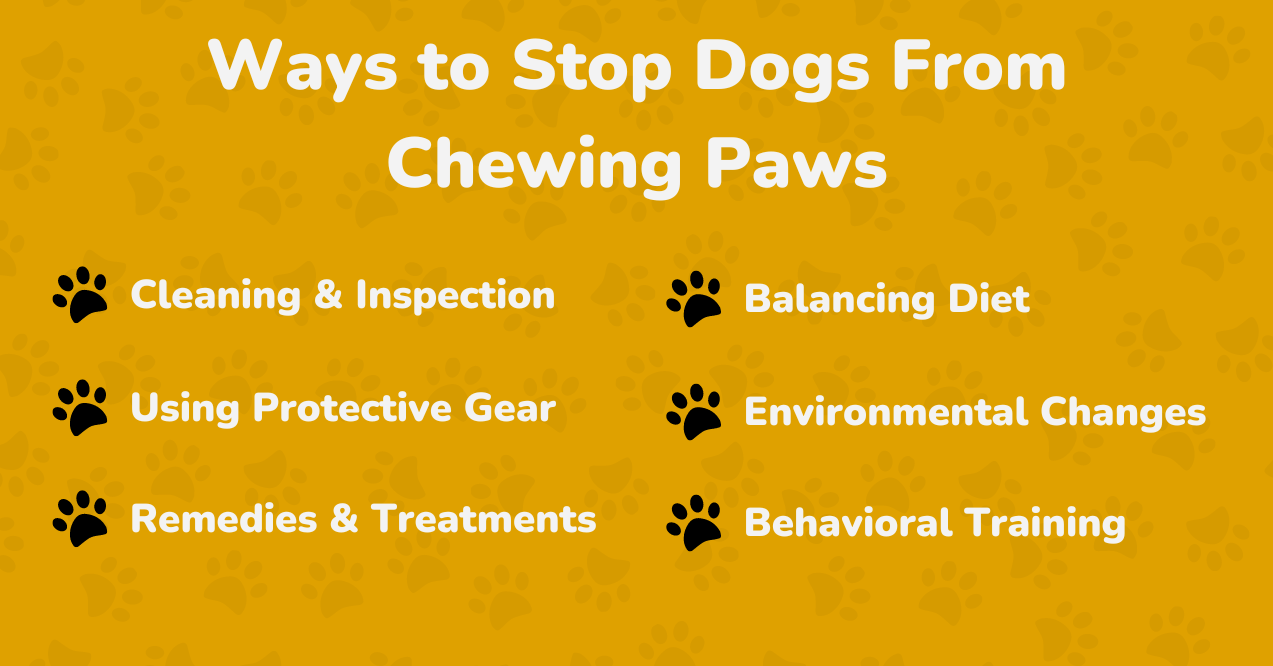
Common Causes of Paw Chewing in Dogs
Understanding the reasons behind a dog chewing paws is essential for addressing this behavior effectively. There are various potential causes, ranging from allergies and parasites to injuries and behavioral issues. Each cause has its distinct symptoms and requires different approaches to manage.
Allergies
Allergies are a leading cause of paw chewing in dogs. Common allergens include pollen, dust mites, and mold, which can cause intense itching and discomfort. Additionally, certain proteins found in dog food can trigger allergic reactions, leading to skin irritation and paw chewing. Environmental factors such as exposure to cleaning chemicals, pesticides, or certain types of grass can also irritate a dog’s skin and lead to paw chewing.
Parasites
Parasites such as fleas and ticks are notorious for causing itching and discomfort in dogs. These tiny pests can lead to intense scratching and chewing as dogs attempt to relieve the irritation caused by bites. Symptoms of a flea or tick infestation include visible pests on the skin, excessive scratching, and red, inflamed skin.
Infections
Infections can also lead to a dog chewing paws. Common symptoms of infections include redness, swelling, and a foul odor emanating from the affected area. Fungal infections, such as yeast infections and ringworm, are particularly common in dogs’ paws. These infections can cause significant discomfort, leading to persistent paw chewing.
Injuries and Physical Trauma
Physical injuries are another reason dogs might chew their paws. Objects like thorns, glass, or splinters can get lodged in a dog’s paw, causing pain and prompting chewing as a response. Extreme temperatures, both hot and cold, can also damage paw pads, leading to cracking and discomfort. Additionally, overgrown nails can curl into the paw pads, causing significant pain and resulting in paw chewing.
Behavioral Issues
Behavioral issues can also cause a dog to chew its paws. Emotional distress, such as anxiousness or stress, can lead to compulsive behaviors like paw chewing. Boredom is another common cause; without sufficient mental and physical stimulation, dogs may resort to chewing their paws as a form of entertainment or stress relief.
How to Stop My Dog From Chewing His Paws?
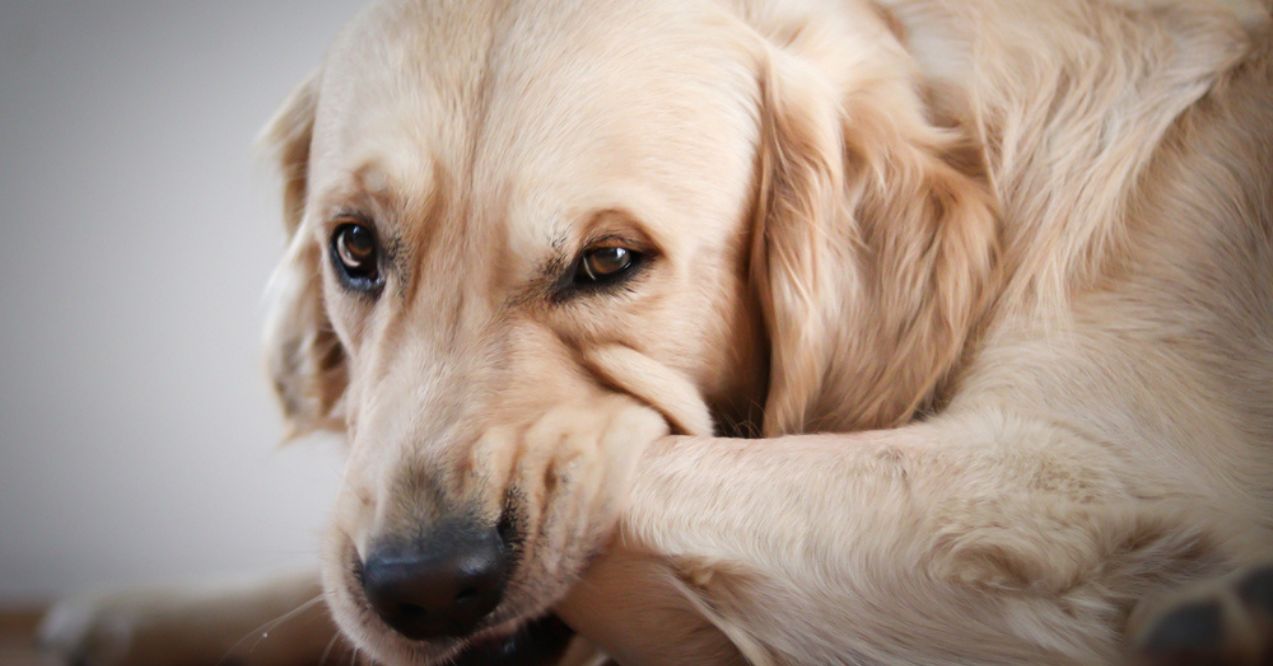
To effectively address the issue of dog chewing paws, it’s crucial to understand and tackle the underlying causes. By implementing a comprehensive approach on how to stop dogs from chewing paws, you can help your dog maintain healthy paws and reduce the incidence of paw chewing. Here are practical steps to consider:
Clean and Inspect Paws Regularly
Establishing a routine for cleaning and inspecting your dog’s paws is vital. After walks or outdoor play, take a few minutes to wipe your dog’s paws with a damp cloth to remove dirt, debris, and potential irritants like pollen or chemicals. Regularly checking for cuts, splinters, or any signs of redness or swelling can help you catch problems early. Keeping the paws clean and dry reduces the risk of infections and keeps your dog comfortable.
Use of Protective Gear
Using protective gear such as booties or socks can be beneficial, especially if your dog biting paws constantly. These items protect the paws from rough surfaces, extreme temperatures, and harmful chemicals. Additionally, applying soothing paw balms can help alleviate dryness and irritation. Look for products with natural ingredients like shea butter or beeswax to provide a protective barrier and promote healing.
Home Remedies and Treatments
If you still wonder how to stop my dog from chewing his paws, several home remedies may also help soothe irritated paws. Epsom salt paw soaks may be an effective solution for reducing irritation and drawing out toxins. Dissolve a tablespoon of Epsom salt in warm water and soak your dog’s paws for a few minutes. Moreover, natural topicals like coconut oil and aloe vera can also assist in providing relief. Coconut oil has antibacterial and moisturizing properties, while aloe vera is known for its soothing effects. Apply these topicals gently to the affected areas to reduce discomfort and promote healing.
Dietary Adjustments
A balanced diet plays a significant role in your dog’s skin and paw health. Ensure your dog’s diet includes high-quality proteins and is free from common allergens. Adding supplements like omega-3 fatty acids, fish oil, and vitamin E can support skin health and reduce pro-inflammatory markers. These supplements help maintain a healthy coat and skin, potentially reducing the urge to chew due to dryness or irritation.
Environmental Modifications
Maintaining a clean home environment is also essential in minimizing allergens that can irritate your dog’s paws. Regularly vacuuming and dusting can reduce the presence of dust mites and pollen. Additionally, ensure that your dog’s outdoor play areas are safe and free from harmful chemicals. Creating a designated play zone with clean, dog-friendly surfaces can help minimize exposure to potential irritants.
Behavioral Training and Stimulation
Providing adequate mental and physical stimulation is crucial to prevent boredom-related paw chewing. Ensure your dog gets enough exercise through daily walks, playtime, and interactive toys. Mental stimulation can be provided with puzzle toys, training sessions, and activities that challenge your dog’s mind. For anxious dogs, consider using calming sprays, stress relief wraps, or pheromone diffusers to create a more relaxed environment. Training techniques that focus on positive reinforcement can help redirect your dog’s attention away from paw chewing and towards more appropriate behaviors.
Conclusion
In conclusion, understanding how to stop a dog from chewing his paws involves addressing underlying causes like allergies, infections, or behavioral issues. Regular paw cleaning, protective gear, and a balanced diet can help prevent irritation, while providing mental stimulation and proper care ensures your dog’s paws remain healthy and comfortable.
Take your dog to the vet for paw chewing if the behavior is persistent, causing wounds, redness, swelling, or a foul odor, or if home remedies and preventive measures fail to alleviate the issue. Early intervention can prevent complications.
If your dog’s paw chewing occurs mainly when they are alone, lacks physical activity, or shows other signs of distress like pacing or whining, it may be due to anxiety or boredom. Increasing exercise and mental stimulation can help determine the cause.
To stop your dog from chewing their paws, immediately clean and inspect their paws, use protective gear like booties, apply soothing balms, and provide mental and physical stimulation to reduce anxiety and boredom
Advertisement. This site offers health, wellness, fitness and nutritional information and is designed for educational purposes only. You should not rely on this information as a substitute for, nor does it replace, professional medical advice, diagnosis, or treatment. If you have any concerns or questions about your health, you should always consult with a physician or other health-care professional. Do not disregard, avoid or delay obtaining medical or health related advice from your health-care professional because of something you may have read on this site. The use of any information provided on this site is solely at your own risk.
